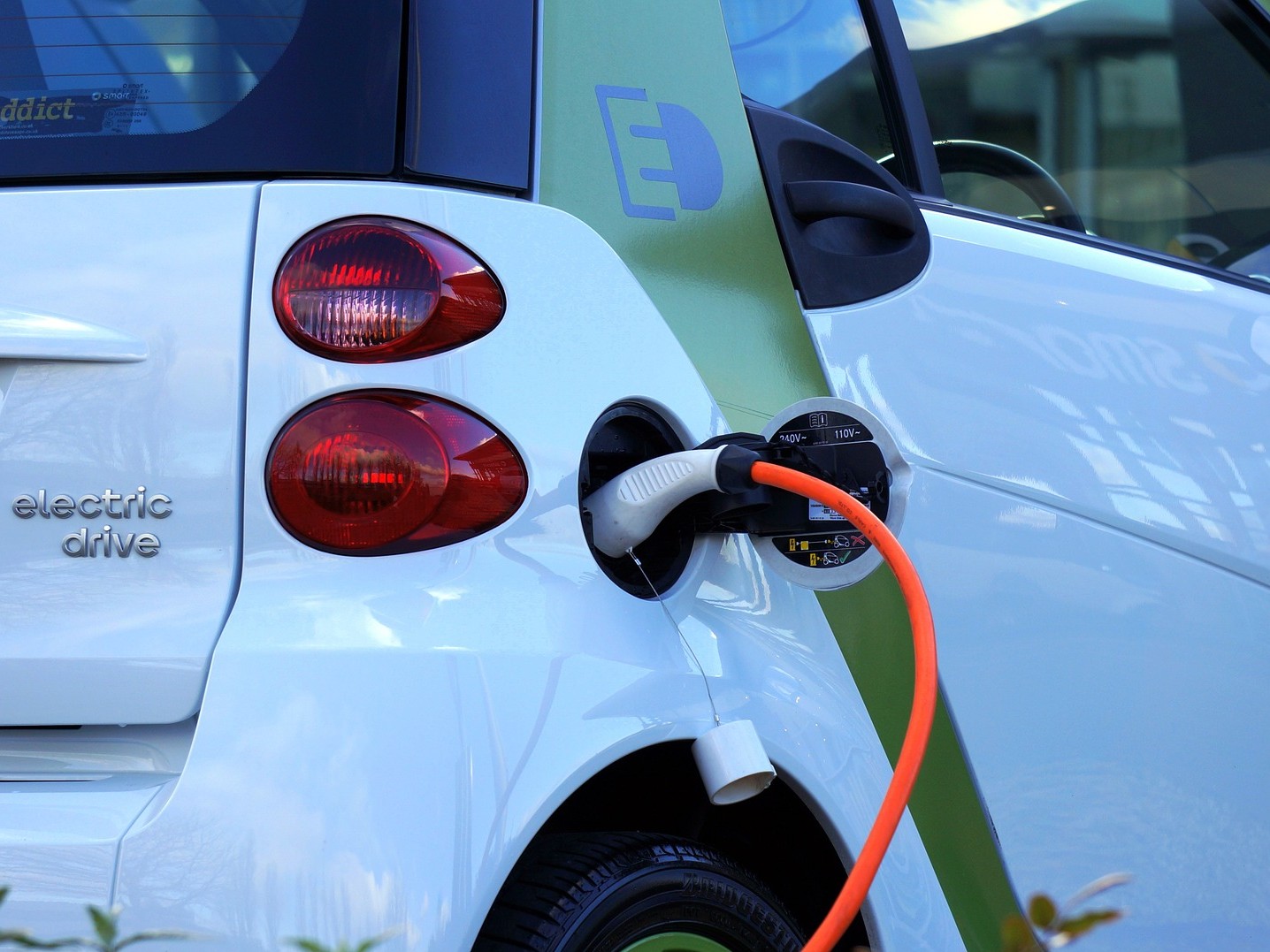Electric cars: current trends make for a shocking change
Electric cars are rapidly moving from the periphery of the automotive sector in the European Union to the mainstream. The sales figures alone across Europe do not necessarily justify such a bold claim, given that within the overall market, fully-electric vehicles (known as BEVs, or battery-electric vehicles) account for around 1.7 per cent of all passenger vehicles sold. But as the EU looks towards a carbon-neutral future based on green energy and zero emissions, BEVs are undoubtedly integral to the debate around Europe’s automotive future. While that figure of 1.7 per cent may appear irrelevant, the 21,000 BEVs sold across the EU in January 2019 represent a year-on-year increase of 67 per cent, according to a report by CleanTechnica.com. Fully-electric vehicles are also surging ahead of plug-in hybrids in popularity, with figures from the same month showing that BEVs now account for almost two-thirds of all plug-in vehicles sold in the EU. With various national incentive schemes promoting the acquisition of zero-emissions vehicles, consumers can make informed choices about the economic advantages of going all-electric. However, support from the EU, through an integrated policy framework across transport, the environment, infrastructure and regional policy, will be essential if electric vehicles are to continue their impressive growth in the market. Giuseppe Fabri from the Department of Industrial and Information and Engineering and Economics at the University of L’Aquila in Italy, says that the future of passenger transport is inevitably fully electric: “The trend is to design fully electric cars, no longer hybrids that are still tied to fossil fuels. Many car manufacturers are thinking of producing cars in the next five-seven years that are fully electric.” “But the main problem today is the charging infrastructure, because if you want to go today between Rome and Milan with an electric car it's not possible. You have to stop after 300 km to recharge the car.” He adds: “In parallel with research, we need to invest in infrastructure and create fast charging systems in cities, as Norway and the Scandinavian countries are doing today.” In fact, a study by Transport & Environment points out the disparity between northern and western Europe, where charging infrastructure is more sophisticated and more widely available than in southern and eastern Europe. A pan-European network of charging points for BEVs is taking shape, with around five vehicles on the road for every public charging station, but the study also suggests that only five per cent of vehicle charging takes place at such points, with most charging happening privately, in people’s homes or workplaces. The urgent need to address the dangers and consequences of climate change is a principal driver of change and innovation in the electric vehicle sector. The EU has set an ambitious target to reduce CO2 emissions from transport by 60 per cent by 2050 compared to 1990 levels. The regulatory framework at European level is designed to ensure a progressive, steady and predictable transition towards a future in which electric vehicles predominate. EU Member States are reinforcing this trend with their own policies: Sweden, the Netherlands, Ireland, France and Denmark have all pledged to ban sales of new petrol- and diesel-powered vehicles by 2030, and in France all cars powered by internal combustion engines will be banned from the roads by 2040. Regions and cities across Europe are also taking initiatives where they have the power to do so, with Brussels itself introducing rules banning diesel-powered cars from circulating after 2030. Read the full article: http://drivemode-h2020.eu/electric-cars-current-trends-make-for-a-shocking-change/(opens in new window)



